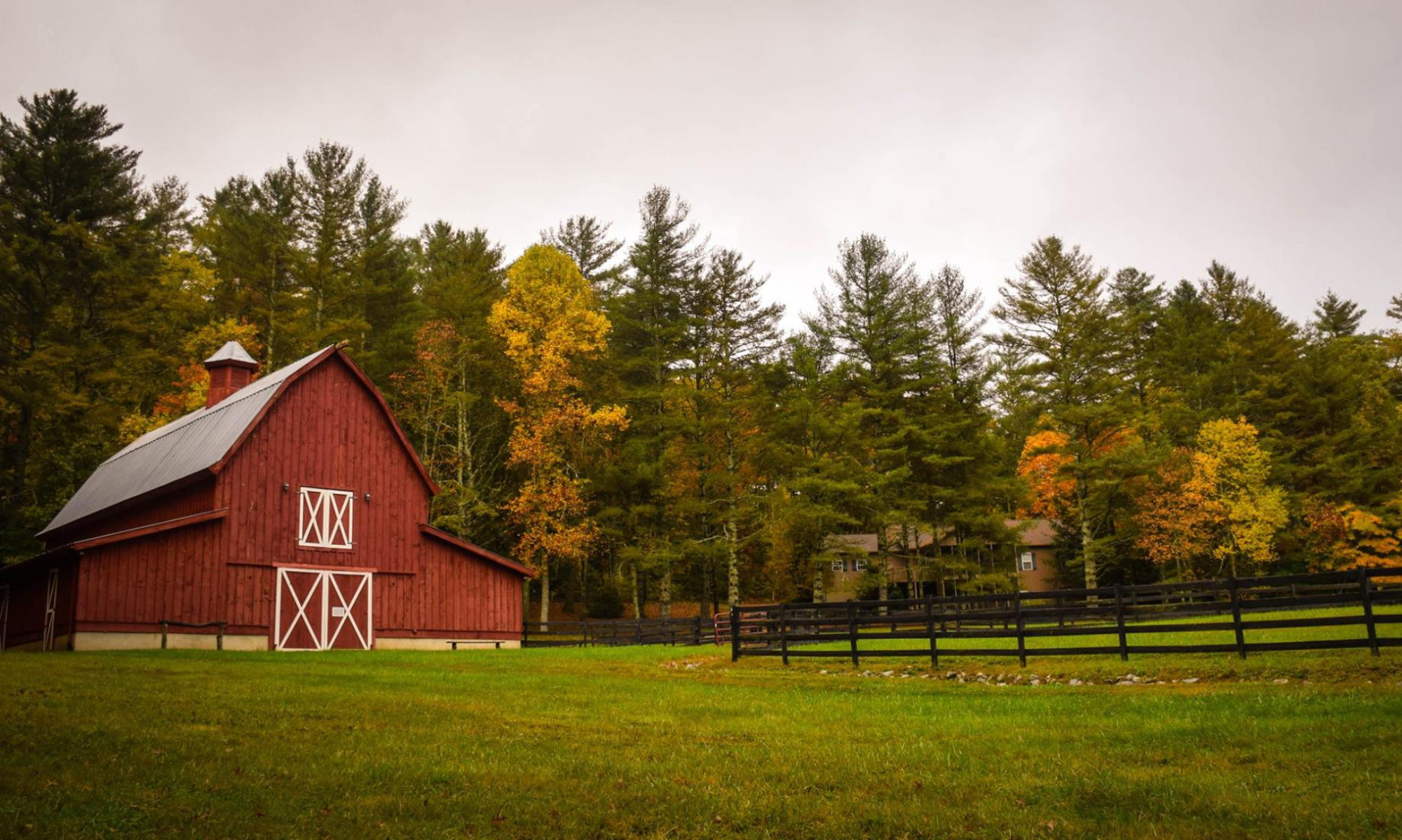Last fall in a development theory seminar one of my classmates commented on Robert McNamara’s tenure as the President of the World Bank. “So what,†they said, “first you fuck up a war, and then you get to be president of the World Bank?â€
And alas there seems to be a trend developing.
If approved by the bank’s board, Wolfowitz will assume control of the World Bank and its $20 billion a year loan programs. The World Bank often plays an influential role in shaping the policies of developing nations as the result of conditions it attaches to loan money under its control.
Joseph Stiglitz, American Nobel laureate, former chief economist to the World Bank and influential economic thinker, is fighting back.
